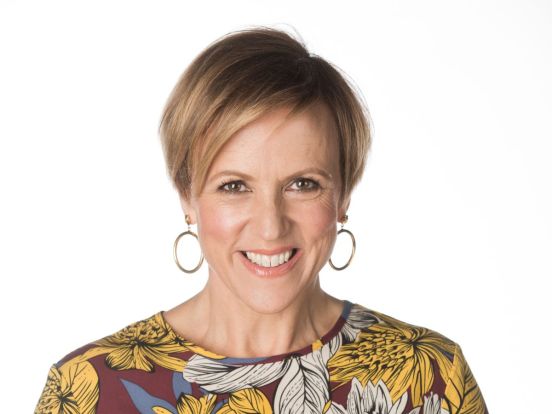The Government’s “Rebuilding Together” Budget falls well short of what is needed to rebuild the hospitality sector, Hospitality New Zealand says.
Hospitality New Zealand Chief Executive Julie White says there is very little in the Budget for the hospitality sector apart from the extended wage subsidy, which will not be enough on its own to rescue the industry. “Our only hope now is in the $20 billion still unspent in the rescue package — that the Government will give targeted support to the hospitality industry,” White said.
“Otherwise hospitality businesses will not recover and tens of thousands of jobs will be lost.” “There is nothing in the Budget to put extra money into households — without that, people are going to be concerned about spending money, and there is going to be less circulating in the economy. Alongside social distancing restrictions impacting how many customers venues can seat and serve, international travel non-existent and unemployment expected to double, venues will continue to have lower turnover with higher costs.
” Hospitality New Zealand has been calling on the Government for a targeted working capital grant. “Without that, many hospitality businesses will feel they have no option but to let staff go as they won’t be able to operate in the restrained operating environment without going into further debt.” “The wage subsidy will only help us reduce some of our operating costs — we still need to pay rent which is 30% of outgoings.”. White said the $400 million for a domestic tourism recovery plan is welcome so long as the hospitality industry has a voice at the forefront on how the $400 million is spent.
“Hospitality and tourism go hand in glove. Dining out and the local paddock-to-plate experience is such a valuable part of local, domestic and international tourism. We have an opportunity to build food tourism and we need to know that our sector will be included in the tourism recovery package.” Hospitality businesses are also calling for the Government to commit to opening up the TransTasman bubble with Australia as soon as it is safe to do so, she said.
“Opening the border with Australia would mean we go from a bubble of 5 million people to a bubble of 30 million, and that would go some way to making up for the losses we are facing due to the closure of our borders.” White said the hospitality sector also continues to call on the Government for critical regulatory action to support the industry.
“It doesn’t cost them any money to help us with regulation but we have been calling for a code of conduct for commercial rents for over five weeks and still there’s nothing, and no financial support to assist with rents specified in the Budget either. “Their tagline is “Rebuilding Together” which seems to be for everyone except the hospitality sector.
The Government is talking about creating all these jobs and yet we are already employing 170,000 people whose jobs in jeopardy. It feels like we are the forgotten sector.” Revenue in the hospitality sector has been falling since tourist numbers started to drop in January. Data released by Statistics New Zealand this week showed spending on cafes, restaurants, takeaway food, and bars fell 95 percent ($814 million) compared with April 2019, after also falling 29 percent ($266 million) in March 2020 compared with March 2019. Spending on motels and hotels fell 94 percent in April ($209 million) compared with April 2019, after also falling 37 percent ($97 million) in March 2020 compared with March 2019








